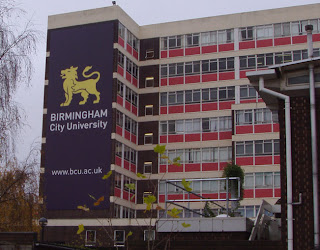 |
| Arms of the University of Pennsylvania |
The University of Pennsylvania (commonly referred to as Penn or UPenn) is a private research university located in Philadelphia, Pennsylvania, United States and is one of the eight members of the Ivy League. Penn is the fourth-oldest institution of higher education in the United States, and is considered the first university in the United States, with both undergraduate and graduate studies. It is also one of the Colonial Colleges. Incorporated as The Trustees of the University of Pennsylvania, Penn is one of 14 founding members of the Association of American Universities.
Benjamin Franklin, Penn's founder, advocated an educational program that focused as much on practical education for commerce and public service as on the classics and theology. Penn was one of the first academic institutions to follow a multidisciplinary model pioneered by several European universities, concentrating multiple "faculties" (e.g., theology, classics, medicine) into one institution. It was also home to many other educational innovations. The first school of medicine in North America (Perelman School of Medicine, 1765), the first collegiate business school (Wharton, 1881) and the first student union (Houston Hall, 1896), were all born at Penn.
Penn offers a broad range of academic departments, an extensive research enterprise and a number of community outreach and public service programs. It is particularly well known for its medical school, dental school, school of business, law school, communications school, nursing school, veterinary school, its social sciences and humanities programs, as well as its biomedical teaching and research capabilities. Its undergraduate programs are also among the most selective in the country (12.26% acceptance rate). One of Penn's most well known academic qualities is its emphasis on interdisciplinary education, which it promotes through numerous joint degree programs, research centers and professorships, a unified campus, and the ability for students to take classes from any of Penn's schools (the "One University Policy").
All of Penn's schools, alone or jointly, exhibit very high research activity. Penn is consistently included among the top five research universities in the US,[8] and among the top research universities in the world, both in terms of quality and quantity of research. In Fiscal year 2011, Penn will top the Ivy League in academic research spending with a $814 million budget, involving some 4,000 faculty, 1,100 postdoctoral fellows and 5,400 support staff/graduate assistants. As one of the most active and prolific research institutions, Penn is associated with several important innovations and discoveries in many fields of science and the humanities. Among them are the first general purpose electronic computer (ENIAC), the Rubella and Hepatitis B vaccines, Retin-A, cognitive therapy, conjoint analysis and others.
 |
| Quad in the Fall, facing Ware College House |
Penn's academic and research programs are led by a large and highly productive faculty. In the last ten years alone 11 Penn faculty members or graduates have won a Nobel Prize. Over its long history the university has also produced a large volume of distinguished alumni. These include 10 heads of state (including a U.S. President), 3 United States Supreme Court justices, and supreme court justices of other states, 8 signers of the Declaration of Independence, 9 signers of the Constitution, and 18 billionaires.












